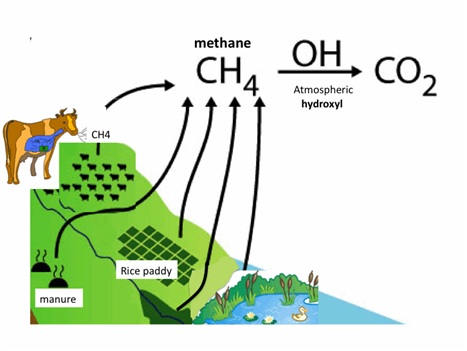Kerala Becomes First State To Introduce Carbon-Neutral Farming
Kerala is set to become the first state in the country to implement carbon-neutral agricultural practices in selected places, for which the government has budgeted 6 crores in the 2022-23 fiscal year.
Context
Kerala is set to become the first state in the country to implement carbon-neutral agricultural practices in selected places, for which the government has budgeted 6 crores in the 2022-23 fiscal year.
Key-highlights of the Plan
- Carbon-neutral farming will be introduced at 13 farms under the Agriculture Department and tribal regions in the first phase, and plans are underway to transform the State Seed Farm at Aluva into a carbon-neutral farm.
- In the second phase, model carbon-neutral farms will be constructed in all 140 Assembly constituencies.
|
Ways to reduce carbon footprint in agriculture
- Improving soil health through integrated farming methods
- rotation of crops
- adoption of fertigation
- precision farming methods
- changing the ways in which the soil is irrigated
- limiting the indiscriminate use of fertilizers


